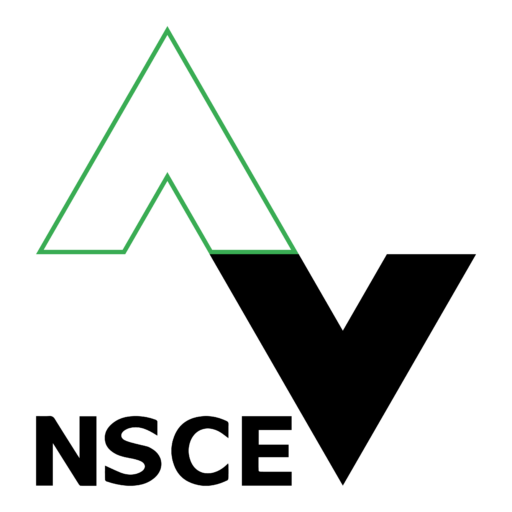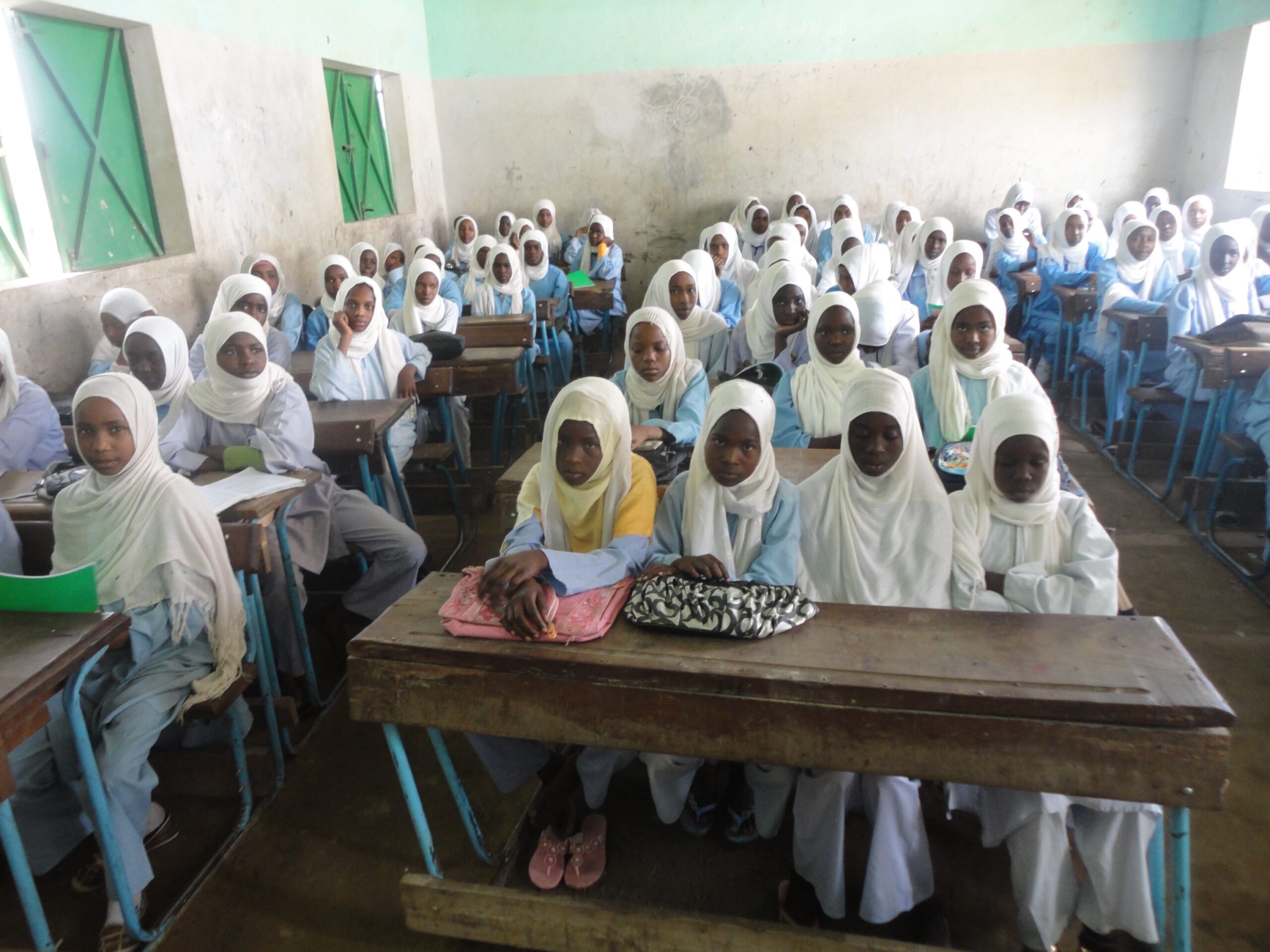Bilingual Education Program (BEP) Pilot Projects in Niger and Chad
Description
The Islamic Development Bank (IsDB) has launched the Bilingual Education Program (BEP) in order to improve the quality and the quantity of the bilingual education sector. The objectives of this project is to assess the performance of BEP in terms of its relevance, efficiency, effectiveness and sustainability and to also to help generating knowledge and identify options to improve the on-going projects and design future interventions under the BEP.
The Bilingual Education Program (BEP) in Chad and Niger focused on expanding access to basic and secondary education. IDB [IsDB] financed the schooling infrastructure, training institutes, classroom furniture and the recruitment of teaching staff. BEP also focused on increasing the capacity of teaching staff and the institutional capacity of the concerned ministries.
On the program rationale itself, IsDB briefs the following:
The model: The Bilingual Education program integrates formal education with Islamic education systems by introducing the Arabic language to provide a dual language (Arabic and English/French) competency for learners. It bridges the two systems and allows government to provide public funding to Islamic institutions, train its teachers, and enhance the learning environment.
The approach: To respond to community demand to provide an education system that caters and reflects their religious values while offering learners’ skills and competencies for equal opportunities in society. It involves a curricula integration that introduces Arabic and English/French languages plus literacy and numeracy skills. It enhances inclusiveness through the creation of improved and modernized structures, capacity building, provision of learning materials amongst others. The IsDB has provided grants and concessional loan financing for the program.
Services
Data Collection
- Comprehensive Desk Review
- Field Survey ► Key informant Interviews: (Design research tools, data collection through individual interviews, tabulation and analysis of the field based on the analysis framework)
- Field Survey ► Focus Group Discussions: (Design focus Discussion, data collection through focus group discussion, tabulation, and analysis of FGD reports based on the analysis framework)
- Field Survey ► Individual Case-Studies: (Design in-depth interview, data collection through interviews / individual case, analysis, and write-up of individuals’ reports for each case)
- Field Survey ► Site visits: This will include comments on the use and maintenance of the programmes facilities
Data Analysis
- Design of the analysis framework and the qualitative survey
Reporting
- Write-up inception report, site visit reports, draft report, and the final report


